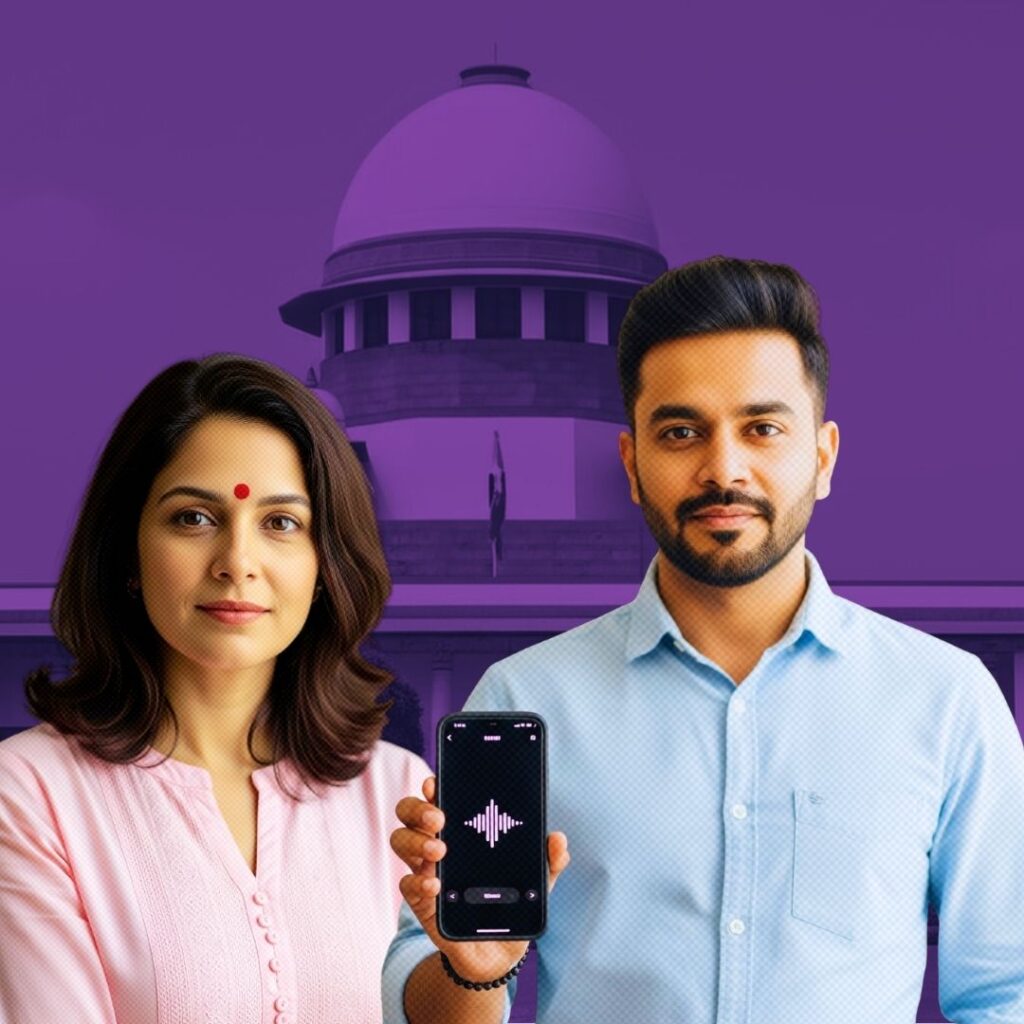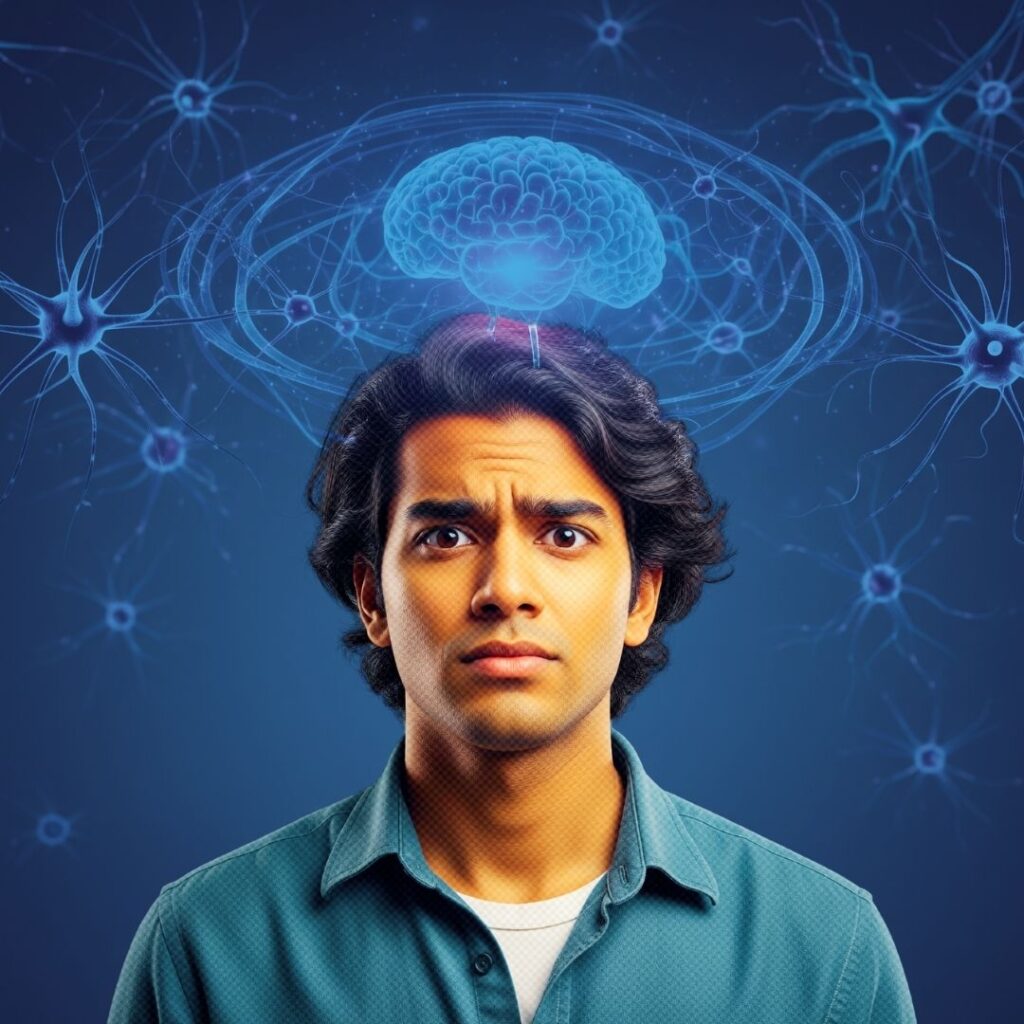Over the years, the integration of visually-impaired individuals has increased in government services. However, they still have to encounter many difficulties, ranging from the lack of accessible infrastructure to the unavailability of materials in a suitable format. For instance, a visually-challenged aspirant preparing for UPSC can only avail 20% of the entire syllabus in Braille. Akella Raghavendra from Hyderabad observed their plight from close quarters when he started coaching visually-challenged UPSC aspirants in 2016.
“Suppose if there are 4 core books in Geography, an aspirant needs to study all 4 thoroughly to have a wholesome idea. Sadly, only 2 of them are available in Braille format. So if blind students wish to read the other 2, they have to depend on someone else to read the entire book to them,” explains Raghavendra, who has recently published the first-ever comprehensive study material for UPSC in Braille and Audiobook format, opening new doors for visually-challenged civil service aspirants across the country.
He was almost blinded by an accident
Akella Raghavendra met with a terrible accident which left him bed-ridden for over six months. After a series of surgeries, when he was on the way to recovery, a doctor revealed to him that by some miracle, his eyesight was saved narrowly. Startled with the truth, Raghavendra wondered what might have happened had he become blind. This prompted him to think about the hundreds of visually-challenged young people in India who were denied a bright future, owing to the lack of accessible facilities and infrastructure.
Once working as an editor and writer in his youth, Akella Raghavendra changed his career direction to start guiding civil service aspirants. He has produced more than 350 successful candidates who are now top-scale government officers, including over 40 IAS officers. Since 2010, Raghavendra has been training the visually-impaired and physically-challenged students for UPSC, Graduate-Level, Bank and other competitive exams. “My dream is to see my visually-challenged students become top-rank IAS officers,” he shares.
The problems faced by visually and physically-challenged aspirants
“Most of the aspirants are not aware that many visually and physically-challenged bureaucrats are there in the service,” he says.
Their problems can be enlisted as three-fold. First is the absence of a single source of study material in their preferred format. Normal aspirants prepare by compiling information from a lot of UPSC books available in the market. Most of these books are printed on paper. It is near impossible for a blind candidate to scan through a heap of paperbacks and study material and jot down notes. So far, not a single book has been written in Braille. The online lectures are either in audio-visual format or not authentic enough. Raghavendra’s comprehensive book, whose details have been explained below, makes the job much easier for them.
He has produced over 350 UPSC officers
Secondly, for physically-challenged candidates, it is not possible to regularly attend coaching centres, especially if hailing from remote areas. Disabled-friendly transport is still a utopia in most of India.
Lastly, finding a professional scribe to write the exams is a major challenge. UPSC is undoubtedly considered the toughest examination in India. Since most visually-impaired and physically challenged candidates cannot write their own exams, they are solely dependent on scribes. But it is hard to find qualified scribes who can accurately document the students’ answers.
The Braille and Audio-book project
During his trip to the USA in 2016, Raghavendra visited a number of special institutions there. “I was amazed to see they were offering so many facilities to the visually and physically-challenged students,” he shares, “That inspired me to implement something similar for Indian students immediately.”
Started in October 2016, Raghavendra registered the help of his students Sagar and Sivaprakash, both of whom are visually-impaired government officials, now preparing for civil services. Together, they thoroughly compiled around 30-35 must-read books for UPSC into audiobook format.
Soon he translated the book into Braille and prepared 10 master copies of the same. The project was completed around February 2018. It deserves an applaud that he has contributed over five lakhs from his own savings for this project.
“The strength of my book is that I have synthesised the crucial gist of the whole syllabus,” he explains that unlike the already existing audiobooks, his book does not dump a huge burden of information on the students. The book already offers a meticulously researched collection of salient points from all subjects.
“The final version of the book was published after incorporating step-by-step feedback from the two students and many of our volunteers. So the book can be considered fool-proof. I am a bit of a pe…











